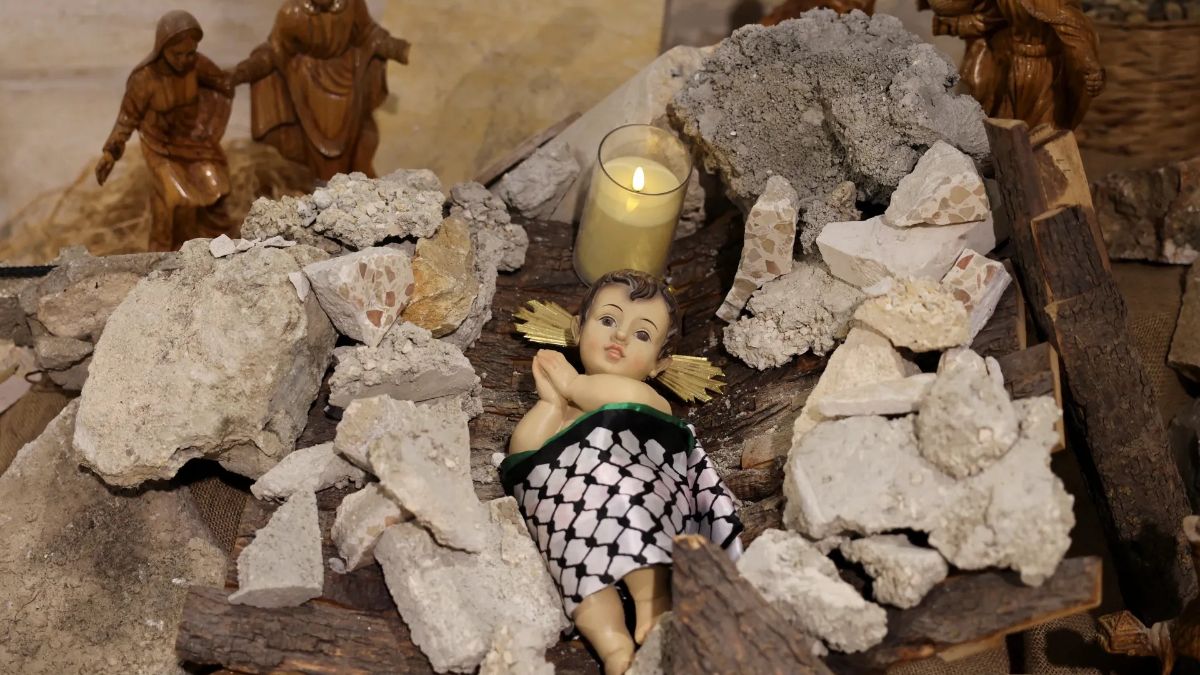Towers and Trees
Or those eighteen who were killed when the tower of Siloam fell on them --- do you think that they were worse offenders than all the others living in Jerusalem? 5 No, I tell you; but unless you repent, you will all perish just as they did.
Luke 13:1-9
February 26, 2016, Words By: Ken Sikes, Image By:
“God hates me!” wailed Reba. Her outburst was a result of losing her husband of 40 years. Just days before he fell down the stairs, hit his head, and died within a few hours. In a society where we are taught to keep our grief civil and to ourselves, a woman openly wailing and blaming God in the middle of our worship prayer time made for an awkward situation.
Yet, although she expressed her emotions more publicly than most would, Reba’s reaction to God is not uncommon. Searching for someone to blame is often our response when we don’t understand why life can bring unfair situations, pain, and grief. When the people in Luke 13 approached Jesus and told him “about the Galileans whose blood Pilate had mingled with their sacrifices,” Jesus’ response indicates that these folks, too, were looking for blame. Were these Galileans hated by God?
No, Jesus says, no more so than the eighteen who died when the tower fell. Neither the car accident nor the miscarriage, the stomach cancer or the untimely death of Reba’s husband were judgments from God. “Rain,” Jesus might have said, “falls on the righteous and unrighteous.”
It would have been easier if Jesus had left it at that, instead he turns the tables on his listeners and uses the tragedies as warnings. “…unless you repent, you will perish as they did.” The Galileans and tower victims weren’t to blame, but unless you change, you will be. What is Jesus doing? Isn’t he contradicting what he had just said?
Jesus knows the mind of God just as well as he knows the minds of those he created. Though God does not hate us or want us to suffer, the same can’t be said regarding the intent of all humans. If, Jesus seems to be saying, you persist in your militant approach towards Pilate, if you engage in the cycle of violence, your blood will become a sacrifice. If you persist in your violent response to your enemies, the towers will fall on you, as they have in the past. Violence leads to suffering for all involved.
And yet, in the midst of this conversation debating judgment and blame, we have the curious image of a tree caught in a persistent cycle of unfruitfulness. After three years it was still barren so the owner said to cut it down. “I can heal the tree,” claimed the good gardener, “but the process is going to stink.” So he dug, watered, taught and prophesied for another year. When no apparent fruit appeared, the people grew irate; demanding something, the Galilean gardener was nailed to its boughs so his blood mingled as their sacrifice. Such strange fruit. And three days later, such a strange seedling.
Back to Reba. Despite the shock, no one told her to quiet down or quit crying. Instead, a couple people moved closer and gently laid a hand on Reba’s heaving shoulders. Another and another and another hand followed. And then, we prayed to the very God who she claimed hated her, raising the possibility that just maybe there was fruit in that tree after all.
Ken Sikes
Board Member, Street Psalms
Pastor, Manitou Park Presbyterian Church



